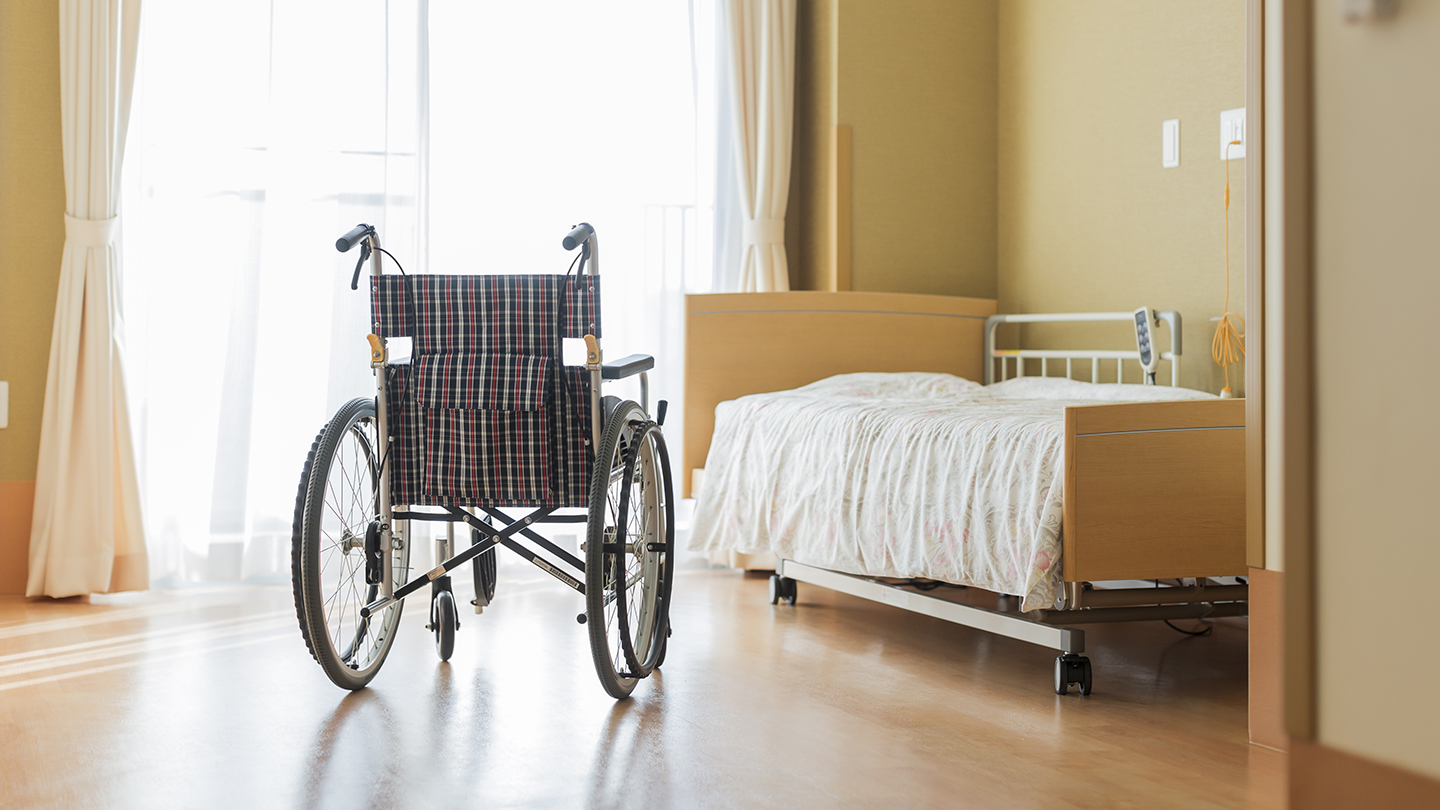Oversight and penalties for California nursing homes are intensifying as the state cracks down on repeated violations and patient safety failures.
According to the California Department of Public Health (CDPH), there were 1,580 violations at senior care facilities in 2023, a 31% increase from the previous year. The number of violations has been rising steadily—520 in 2020, 996 in 2021, 969 in 2022, and 1,203 in 2023. The state also imposed $27.32 million in total fines last year.
Tony Chicotel, senior staff attorney at the California Advocates for Nursing Home Reform (CANHR), said, “We haven’t seen this kind of action in years. The state is finally stepping up.”
The increase in violations has led to harsher penalties, including license suspensions.
According to the Los Angeles Times, seven nursing homes in Los Angeles County had their licenses suspended due to repeated serious violations, including patient deaths.
The CDPH notified these facilities that their licenses were being suspended because they received two or more AA-level violations within the past two years. An “AA-level violation” refers to a case where a facility’s actions directly caused the death of a patient.
The facilities facing license suspensions are:
- Ararat Nursing Facility (Mission Hills)
- Antelope Valley Care Center (Lancaster)
- Brier Oak on Sunset (Hollywood)
- Golden Haven Care Center (Glendale)
- Kei-Ai Los Angeles Healthcare Center (Lincoln Park)
- Santa Anita Convalescent Hospital (Temple City)
- Seacrest Post-Acute Care Center (San Pedro)
Some facilities are pushing back. Mark Reagan, attorney for Ararat Nursing Facility, said the license suspension is unfair and would hurt both the community and residents. He plans to request a formal review.
However, findings from the state’s investigation have raised concern.
At Golden Haven Care Center in Glendale, a diabetic patient went 61 days without insulin or any blood sugar checks. The patient later died after being taken to a hospital.
At Brier Oak on Sunset in Hollywood, a patient died after falling from a bed while a nurse was attending to someone else.
Some advocates say the state acted too late.
Rachel Tate, deputy director of the nonprofit elder advocacy group WISE & Healthy Aging, said, “Initiating license suspensions only after multiple deaths is a serious issue. What about accountability for those already lost?”
The CDPH has informed the affected facilities that if they do not file an appeal within 30 days, the license suspensions will become final.
BY BRIAN CHOI [choi.inseong@koreadaily.com]




